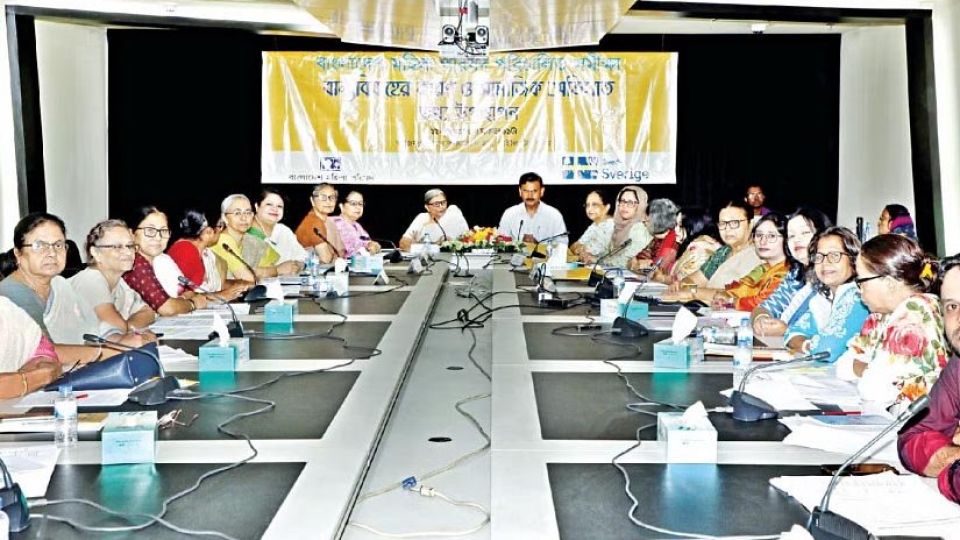June 23, 2023
DHAKA – Between 2018 and 2021, 72 percent of 13 to 15-year-old girls became victims of child marriage, found a Bangladesh Mahila Parishad report.
The report titled “Causes and Social Impact of Child Marriage”, which used data from 37 districts of 8 divisions, was unveiled at an event at The Daily Star Centre yesterday.
According to the report, about 53 percent of girls agreed to get married because of family and societal pressure and 50 percent for poverty.
Though only 0.5 percent of girls died due to early marriage and pregnancy, 44 percent faced complexity later, mentioned the report.
Based on the survey, not only girls, 37 percent of boy children have also experienced child marriage.
Around 2,060 people responded to the survey, which includes 870 family members of child marriage victims, 825 victims themselves, 169 marriage registrars, 169 municipal officials, and 27 members and presidents of the government’s child marriage prevention committee.
The study discovered that while 67 percent of the 844 respondents’ family members were unaware of the punishment, 56 percent of them were aware of the child marriage law but still they conducted the marriages.
According to the survey, 39pc of girl children under the age of 18 falsified their birth certificates to get married, while 40pc did so with the help of union parishad, municipal corporation, and other local government members.
Faking birth certificates, kazis (4pc), local computer shopkeepers (25pc), notaries (4pc) were also directly responsible.
Mentioning the spike in child marriage during Covid-19, Md Abdul Aziz, member, standing committee on Ministry of Women and Child Affairs, said, “No matter how many laws we pass, without widespread support and a focus on the fundamental issues, they will never be fully implemented. Young women must be included in programmes designed to prevent child marriage.”
“There are more ignorant people in rural areas, which increases the number of child marriages. Even the kazis and other trustworthy individuals demand substantial sums of money to alter the birth certificates and marry them off,” he added.
Rasheda K Chowdhury, executive director of mass literacy campaign network, said, “There must be stipend arrangements for women who were already married during the pandemic; they would then begin enrolling in school again, but evidently with conditions; otherwise, the in-laws would send the girls to school only to obtain the money.”
Fauzia Moslem, president of Mahila Parishad, said, “Every day, more and more individuals who are struggling financially halt their daughters’ education, which opens the door for child marriage.”
“The government must guarantee women’s rights to political, educational, and inheritance opportunities,” she added.
Rehana Khan, senior programme officer, Embassy of Sweden, Bangladesh; Maheen Sultan, senior fellow of Practice and Head of Gender and Social Development Cluster, BIGD; Rawnak Jahan, acting director, Women and Child Empowerment Programme, Care Bangladesh; and Nasima Akter Jolly, editor, National Girl Child Advocacy Forum, addressed the event, among others.


